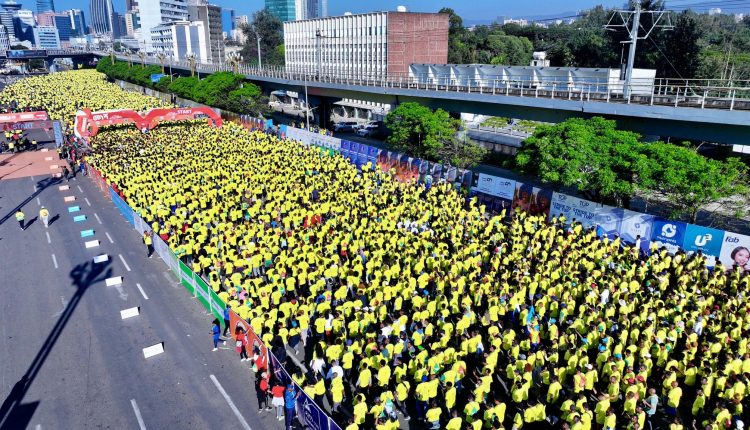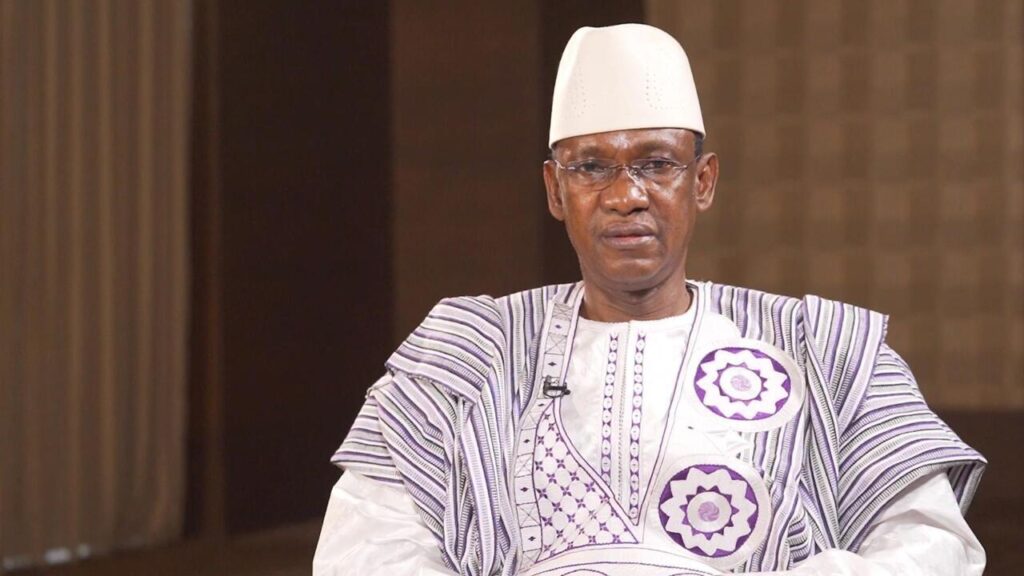Digital nomadism redefines work and travel across the globe
The rise of digital technologies has blurred the lines between work and travel, creating a new era where professionals with the flexibility to work remotely can explore the world while maintaining their careers. Digital nomadism, a trend that has gained global traction in recent years, is reshaping traditional work norms by enabling people to work from virtually anywhere. The uncertainty caused by the COVID-19 pandemic forced many people to reconsider their lifestyles. Economic pressures, especially on younger generations like Millennials and Gen Z, have spurred a shift toward more adaptable living, moving away from rigid, traditional work and lifestyle concepts. Amid this transformation, digital nomadism, often conceptualized as “working while traveling,” has gained prominence. Remote work has shifted from an advantage to a necessity for many professionals, driving them to seek environments that offer both career opportunities and personal freedom. More than 50 countries have responded to the growing trend by offering special visas for digital nomads, typically allowing stays of up to 12 months. A report from data reporting and analytics solutions provider Demand Sage said that digital nomadism, embraced by over 35 million workers worldwide, reflects the peak of technological innovation, changing societal values, and an entrepreneurial spirit. -Who are digital nomads? There are five types of digital nomads; freelance digital nomads; digital nomad business owners; salaried digital nomads; experimental digital nomads and armchair digital nomads. Fields such as graphic design, software development, digital marketing and copywriting are popular among digital nomads, with Americans representing nearly half (16.9 million) of the global digital nomad population. Ariana Nicole, an American digital nomad, describes her first travels to Spain and Mexico as a search for a place that felt like home. After starting her journey three years ago, Nicole’s passport now bears stamps from more than a dozen countries. Initially working as a hybrid IT consultant, she convinced her employer to adopt remote work. She eventually transitioned to freelance graphic design and content creation via social media. Having lived in nearly 15 countries, Nicole says her heart belongs to Colombia. While her decision-making process is spontaneous, she is guided by her interest in Spanish and recommendations from other travelers. Yet the allure of constant travel brings challenges. Nicole, like many digital nomads, has experienced “travel burnout,” a feeling of longing for stability and routine. While digital nomadism surged during the pandemic, Nicole notes that the trend has since slowed down. -Combining work and travel: possible, but challenging Papel Popov, who moved to Georgia with his wife in 2020 to work remotely for a financial tech startup in Russia, has fully embraced the digital nomad lifestyle. For the past four years, he has mostly lived in Türkiye, occasionally visiting other countries to maintain his nomadic lifestyle. Popov highlights how digital nomadism has allowed him to balance work and travel, emphasizing the importance of a reliable internet connection for productivity. Joining the global nomad community are Jess Parvin and Sergio Sala from the US, who are also living the digital nomad lifestyle. Parvin, a graphic designer, says freelancing gave her the freedom to travel while maintaining her work. Sala, a web designer with 10 years of experience, has traveled to over 50 countries, finding his way in digital nomad communities across the world. While digital nomadism offers flexibility, it also presents challenges such as loneliness and language barriers. Sala, who has lived in countries like Thailand and Mexico, highlights the difficulty of navigating visa processes and finding accommodation in new places. For Sala, Mexico’s diversity and charm hold special appeal, while Thailand remains a favorite due to its safety and vibrant digital nomad community. Digital nomads like Sala advise those considering the lifestyle to first secure a stable online income before taking the plunge into a nomadic career.
Digital nomadism redefines work and travel across the globe Read More »










